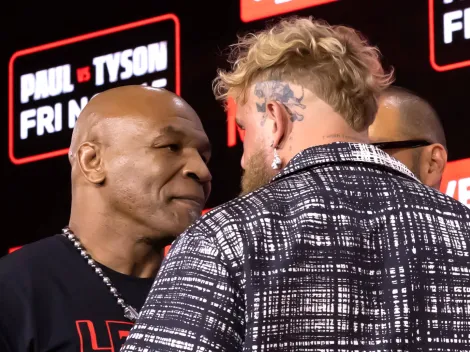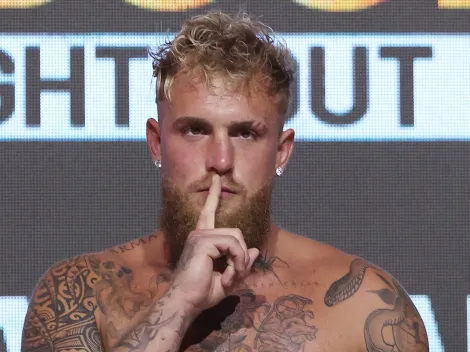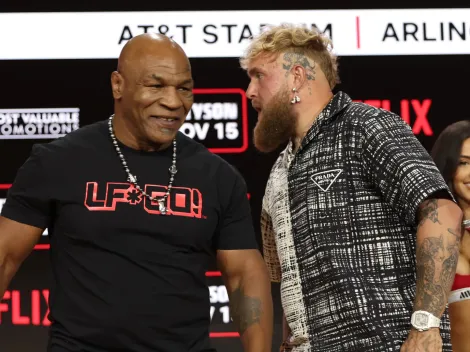At the Tokyo 2020 Olympics, the 800m will find a newchampionas South African Caster Semenya, two-time Olympic gold champion, won’t be running. The 30 year-old athlete has been one of the most successful in track and field over the past decade despite having to endure prejudice and stigma throughout her career.
Semenya was born an intersex woman, as she was identifed as female at birth. However, as she produces naturally elevated testosterone levels, she has been questioned since she won the World Championship in 2009. Shewas forced to undergo sex testing, a practice that is consideredby many experts as discriminatory, until she finally could run again.
In her 12-year career, however, she won two Olympic golds and three world championship titles. According to the AP, she has only competed free of restrictionsof any kind in three of those 12 years. And now, due to new regulations from the world track and field governing body, Semenya can’t defend her gold in Tokyo.
Why isn’t Caster Semenya at the Tokyo 2020 Olympics?
Semenya’s road to Tokyo 2020 had a massive set back when in 2018, World Athletics introduced a new rule in order to prevent female athletes with conditions called differences of sex development (DSDs), such as Semenya, to compete in races from 400m to one mile. As the rules don’t apply to the 100m and 200m events or the long-distance events, Semenya tried to qualify in the 5000m for Tokyo, but came up short.
The governing body argues that athletes with higher testosterone levels than the typical female range give them an unfair advantage, although strangely only in middle-distance races. So, they demand that athletes with DSDs have to lower their testosterone levels artificially. This can be done by taking birth control pills, having hormone-blocking injections or undergoing surgery.
However, Semenya, among other athletes, has refused to do so. She believes that she can’t be forced to take drugs as she doesn’t cheat. Since these rules left her out of the World Championship in 2019, she tried to appeal them at the Court of Arbitration for Sport and the Swiss supreme court but without success, and now she’s appealing at European Court of Human Rights.





